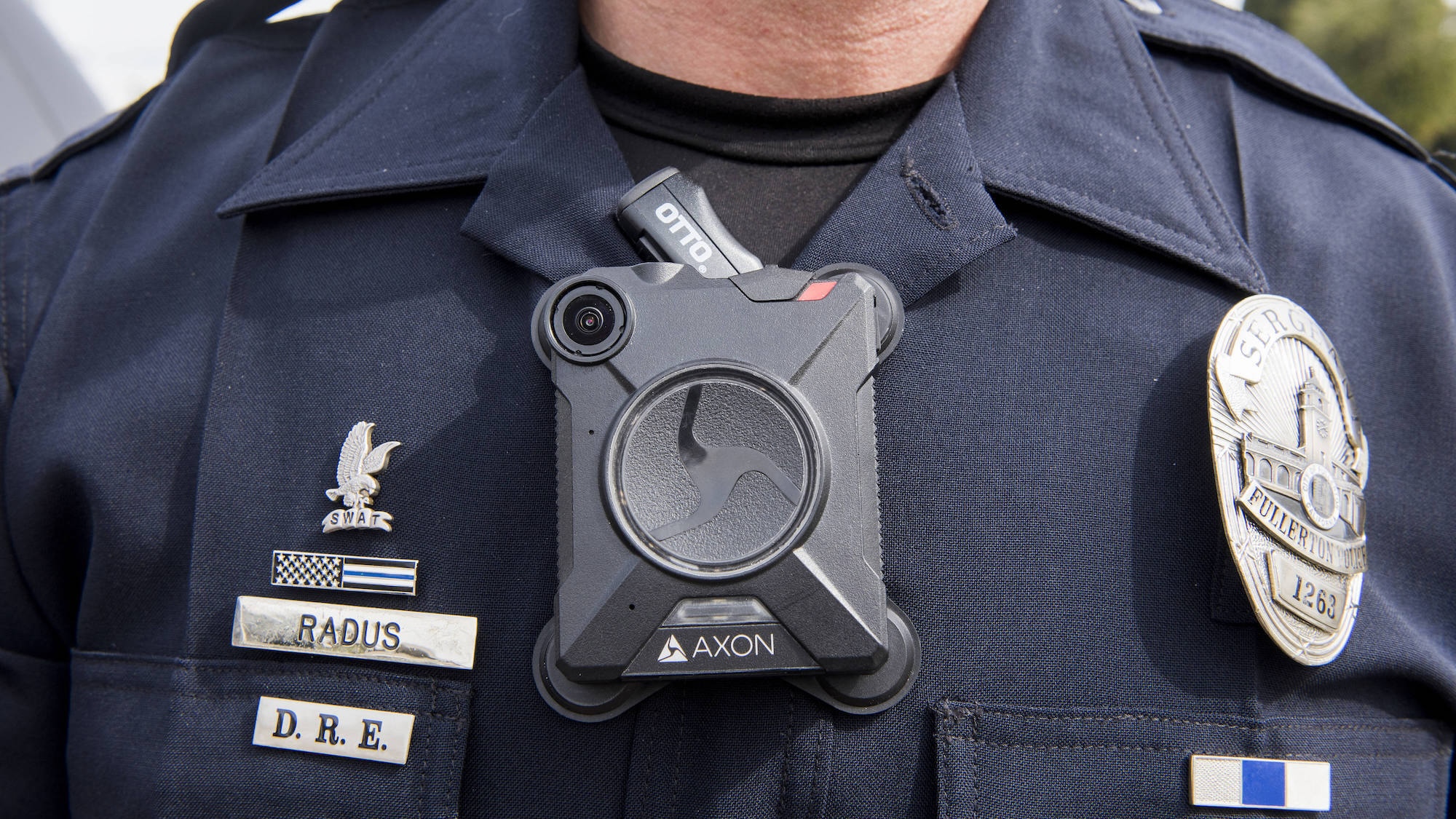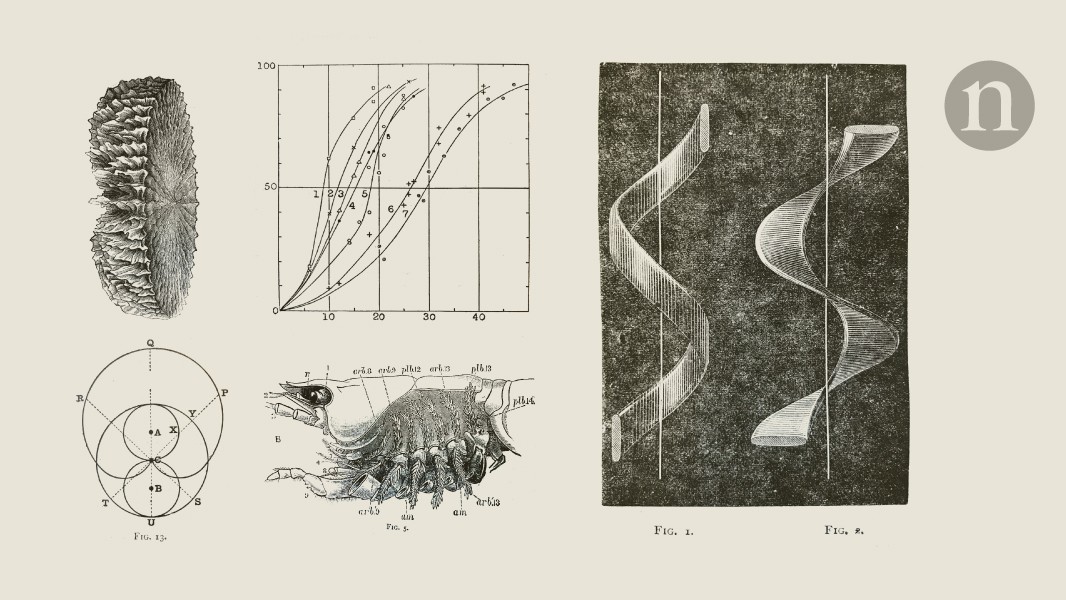www.popsci.com
Axon mades body cameras used by police across the nation, including Utah and California. Credit: Photo by Leonard Ortiz/Digital First Media/Orange County Register via Getty ImagesShareA bill headed to Utahs Senate floor would require police to include disclaimers in any report written with help from artificial intelligence. Introduced by Sen. Stephanie Pitcher, SB180 comes nearly a year after multiple police agencies across the country began testing software like Axons Draft One, prompting concerns from critics and privacy advocates.Draft One was announced by Axon in April 2024, kicking off a major new phase for the company best known for manufacturing tasers and a popular line of body cameras used by law enforcement. Axon built Draft One using Microsofts Azure OpenAI platform, and is designed to auto-generate police reports using only an officers body cam audio records. Once processed, Draft One then crafts a draft narrative quickly, reportedly cutting down on police officers paperwork by as much as an hour per day.Draft One is already used in varying degrees by police in multiple states across the US. In Utah alone, law enforcement departments have either tested or purchased the AI software in Salt Lake City, Provo, West Jordan, and South Jordan. Police are also confirmed to have used Draft One in Colorado, Indiana, and Texas, among other locations.Were seeing more of a reliance on artificial intelligence, Pitcher said after introducing her bill during a Senate Judiciary, Law Enforcement, and Criminal Justice Committee hearing on February 10. She added that legislation like SB180 creates certain minimum standards with regards to how that be implemented.Using AI to generate police reportsor just in the investigation processpresents a number of really interesting issues, I think, where some guardrails are appropriate, Pitcher also told The Salt Lake City Tribune on Tuesday.If signed into law, SB180 would require any police report or record to feature disclaimers if created wholly or partially by using generative artificial intelligence. The authors of those reports would also be required to certify that they read and reviewed each record for accuracy. Failure to do so may result in administrative disciplinary action by the head of the law enforcement agency, although specific repercussions are not described in the bill.During last weeks committee hearing, criminal defense lawyer Mark Moffat voiced his support of SB180 while representing Criminal Defense Lawyers Association. Get the Popular Science newsletter By signing up you agree to our Terms of Service and Privacy Policy.We have concerns about the use of AI. Where I see it being used is when we have extensive interviews with individuals, and those interviews can be run through an artificial intelligence program and some summaries are kicked out, he said. We want to know if it is being used, and under those circumstances, whether an officer has reviewed the summary to see whether or not it accurately depicts what the interviews said.Regardless of SB180s final vote, Axon is committed to expanding its suite of AI products. The company introduced its subscription-based AI Era Plan during its Q3 2024 earnings report. Software slated for 2025 includes Body 4 Live Translation, which Axon claims enables body cams to translate between two speakers in over 100 languages in hopes of removing language barriers, fostering relationships and enhancing transparency.We spend a lot of time thinking about what could go wrong. But we also need to think about what could go right, Axon founder and CEO Rick Smith said at the time.











